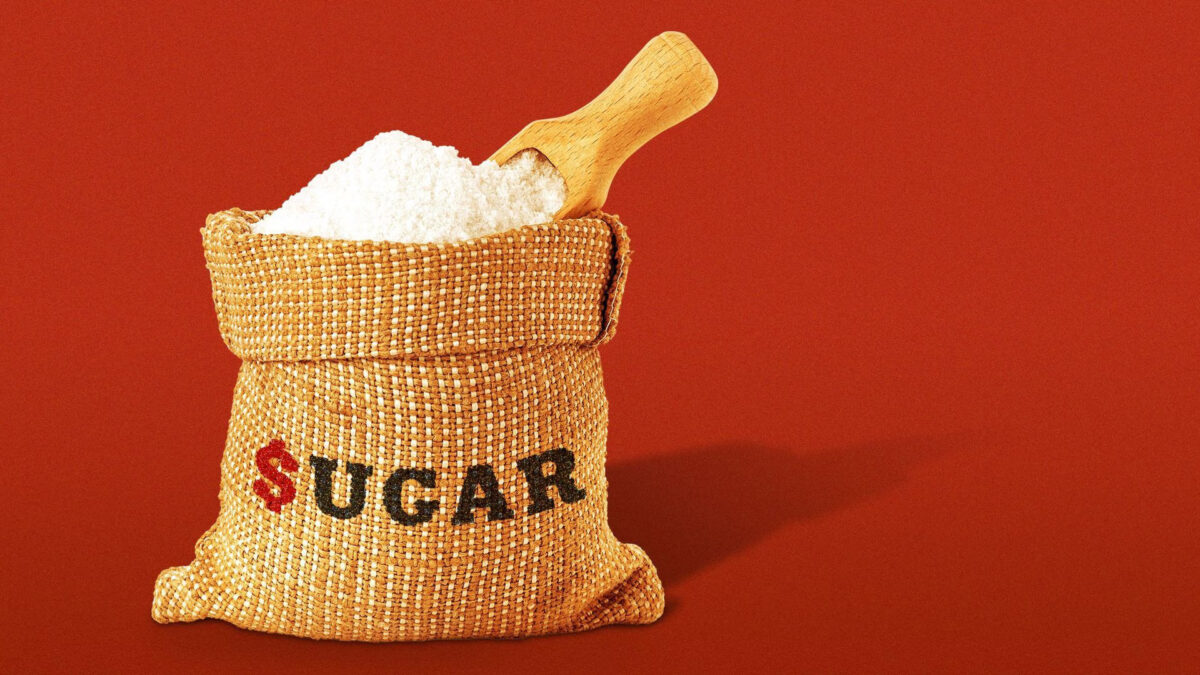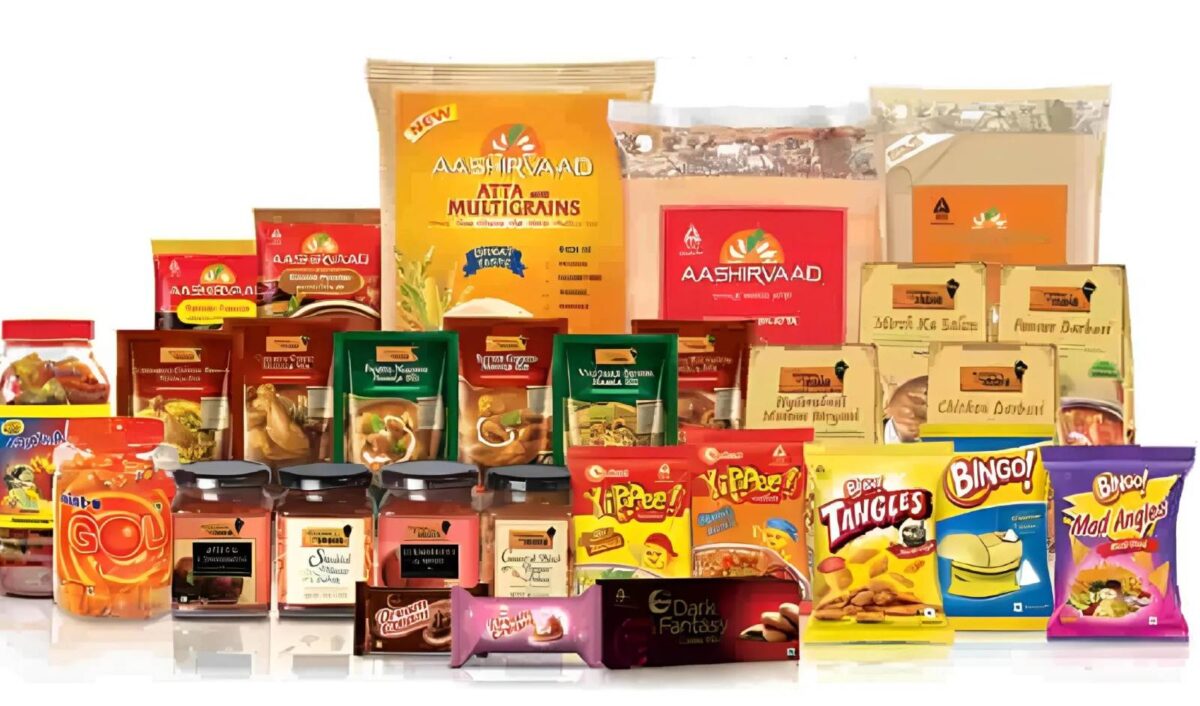India’s sweeping Goods and Services Tax (GST) overhaul, announced on September 3, 2025, has triggered a wave of price recalibrations across consumer categories. While the reform simplifies the tax structure by collapsing four slabs into two—5 percent and 18 percent—it also introduces a new 40 percent “sin tax” category for select goods. Surprisingly, carbonated beverages and sugary drinks now face a steeper tax burden than cigarettes, raising eyebrows across industry and consumer circles.
This shift signals a major policy pivot: sugar, not just tobacco, is now being treated as a public health hazard. The GST Council’s decision to hike taxes on soft drinks and caffeinated beverages to 40 percent from the previous 28 percent places them in the same bracket as luxury cars, smoking pipes, and personal aircraft. Meanwhile, cigarettes continue to attract 28 percent GST plus compensation cess, which remains unchanged until the government clears its pending liabilities to states.
The Cola Conundrum: Why Sugar Is Under Fire
The rationale behind this move lies in India’s growing public health concerns. Non-communicable diseases such as diabetes, obesity, and heart ailments have surged in recent years, with sugar consumption identified as a key contributor. According to the National Health Profile, over 11 percent of urban adults are diabetic, and childhood obesity rates have doubled in the past decade.
By taxing sugary drinks more heavily, the government aims to discourage consumption and align fiscal policy with health objectives. Finance Minister Nirmala Sitharaman emphasized that the new GST structure is not just about revenue—it’s about behavioral change and long-term wellness.
This approach mirrors global trends. Countries like Mexico, the UK, and Saudi Arabia have already implemented sugar taxes, citing similar health imperatives. India’s move, however, is notable for its scale and the symbolic elevation of sugar to “sin” status.
Industry Impact: Beverage Giants Face Margin Pressure
The immediate fallout of the tax hike is being felt by beverage companies such as Coca-Cola India, PepsiCo, and Dabur. Analysts estimate that the new 40 percent GST rate could reduce operating margins by 150 to 200 basis points, depending on pricing strategy and input costs.
Retail prices of popular soft drinks are expected to rise by ₹8 to ₹12 per bottle, potentially dampening demand during the upcoming festive season. Smaller players and regional brands may struggle to absorb the tax shock, leading to market consolidation.
Moreover, the shift could accelerate product innovation, with companies pivoting toward low-sugar, plant-based, or functional beverages to retain consumer interest. The rise of alternatives such as coconut water, kombucha, and sugar-free sodas may gain further traction.
Cigarettes: Still Taxed, But Not Reclassified
While tobacco products remain under scrutiny, the GST Council chose not to reclassify them under the new 40 percent slab. Instead, cigarettes will continue to attract 28 percent GST plus compensation cess, which varies by length and type. This decision was made to preserve revenue stability until the Centre repays its borrowing obligations under the original GST compensation framework.
This means that, for now, a bottle of cola may face a higher effective tax rate than a pack of cigarettes—a paradox that underscores the shifting priorities in India’s fiscal and health policy.
Consumer Behavior and Public Sentiment
The new tax regime is expected to influence consumer behavior, particularly among price-sensitive segments. Urban millennials and Gen Z consumers, already leaning toward healthier choices, may accelerate their shift away from sugary drinks. Rural markets, where affordability is key, could see a decline in cola consumption unless companies recalibrate pack sizes and pricing.
Public sentiment is mixed. While health advocates have welcomed the move, citing its potential to curb lifestyle diseases, others question the logic of taxing sugar more heavily than tobacco. The debate reflects broader tensions between revenue generation, health outcomes, and consumer freedom.
Strategic Insights from Eqwires Research Analyst
In a policy environment defined by volatility and structural shifts, investors and businesses need more than surface-level analysis. Eqwires Research Analyst, a SEBI-registered advisory firm, offers deep, data-driven insights into sectoral impacts and market opportunities.
Eqwires specializes in:
- Real-time trade setups aligned with regulatory changes
- Earnings forecast modeling for FMCG and beverage companies
- Consumer trend analysis and demand elasticity tracking
- Portfolio strategies that hedge against policy risk and margin compression
For investors tracking the FMCG and beverage space, Eqwires provides clarity and actionable intelligence. Whether assessing the impact of GST reforms or evaluating long-term shifts in consumer behavior, Eqwires equips stakeholders with the tools to make informed decisions.
Conclusion
India’s GST reform marks a turning point in how fiscal policy intersects with public health. By taxing sugar more heavily than tobacco, the government has sent a clear message: lifestyle choices have economic consequences. As beverage companies recalibrate and consumers adapt, the market will undergo a structural transformation. In this evolving landscape, strategic guidance from firms like Eqwires Research Analyst will be essential for navigating complexity and capturing opportunity.
Top-notch SEBI registered research analyst
Best SEBI registered Intraday tips provider
Telegram | Facebook | Instagram
Call: +91 9624421555 / +91 9624461555



